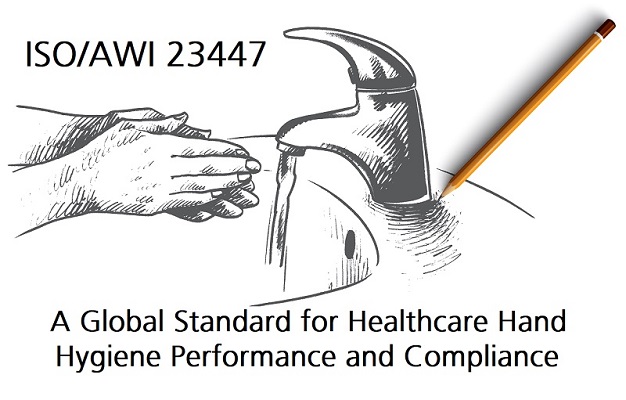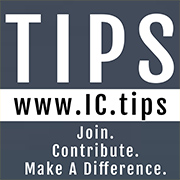According to the WHO, the rate of healthcare-acquired infections (HAIs) globally is 1 in 10 patients. The burden on low- and mid-resource countries is several fold higher compared to high-resource countries. The cost of HAIs has a significant human and financial toll.
There is worldwide consensus on the pressing need to prevent HAIs and the spread of infection in hospitals. It has been shown that the primary route of transmission of HAIs is via contamination on healthcare personnel hands, making proper hand hygiene a paramount concern in infection prevention.
Although most hospitals in developed countries have some kind of hand hygiene program in place, there are many options available for measuring hand hygiene compliance and there is no standardized mechanism in place for hospitals to collect reliable hand hygiene compliance data, or to demonstrate that the data that they have collected is accurate.
Currently, hand hygiene compliance rates cannot be compared between any given facility, country or region
Monitoring methods range from the 5-Moments by the WHO and wash-in/wash-out by the Joint Commission, to a variety of automated collection platforms. Currently, hand hygiene compliance rates cannot be compared between any given facility, country or region. Since methods within a facility can readily change over time, not even year-to-year hospital performance data are reliable for internal comparison or evaluations.
The New Initiative of ISO to Create a Global Standard
In 2015 members of the International Organization for Standardization (ISO) approved a proposal to create Technical Committee (TC) 304 for Healthcare Organization Management. TC304 aims to reduce healthcare costs and improve efficiency through “standardization in the field of healthcare organization management including: classification, terminology, nomenclature, management practices and metrics that comprise the non-clinical operations in healthcare entities.”
There are currently 34 countries involved in this program. The first plenary occurred in April 2017 in Galveston, TX and the second in London, UK in October 2017. The third plenary is scheduled for October 8-12, 2018 in Buenos Aires, Argentina.
As part of this initiative a group has been formed to set a global standard for Hand Hygiene Performance and Compliance (ISO/AWI 23447).
In order to improve the quality of developing country technical contributions to the Hand Hygiene standard, a sponsorship programme is available through ISO Central Secretariat as part of the ISO Action Plan for Developing Countries 2016-2020. ISO/AWI 23447 has been selected to provide a limited number of project sponsorships given its current standards development work and its relevance to developing countries. Through this programme, travel and accommodation expenses will be provided to attend the plenary sessions.
Making A Difference
The Infection Prevention Strategy is proud to provide communication support for this initiative.
Creating a global standard for hand hygiene will reduce the incidence of HAIs and improve the consistency of hand hygiene performance. Better data that can be reported as an outcome measurement will lead to improved quality and safety of care, and the ability to measure the hand hygiene requirements, thus getting resources to where they are needed most.
For more information about the sponsorship programme for developing countries, please contact: [email protected]












